The Trump administration has made sweeping cuts to federal agencies responsible for protecting U.S. elections. From cybersecurity teams to investigators tracking foreign influence, key positions have been eliminated, raising concerns about whether the U.S. election system is being left vulnerable.
Without the right experts in place, election interference from hackers, foreign governments, and misinformation campaigns could become harder to detect and prevent. While state and local officials run elections, they rely on federal support to protect against threats too big for any one state to handle alone.
Here’s how five major Trump administration firings could make elections riskier than ever.
1. Shutting down the FBI’s election watchdog
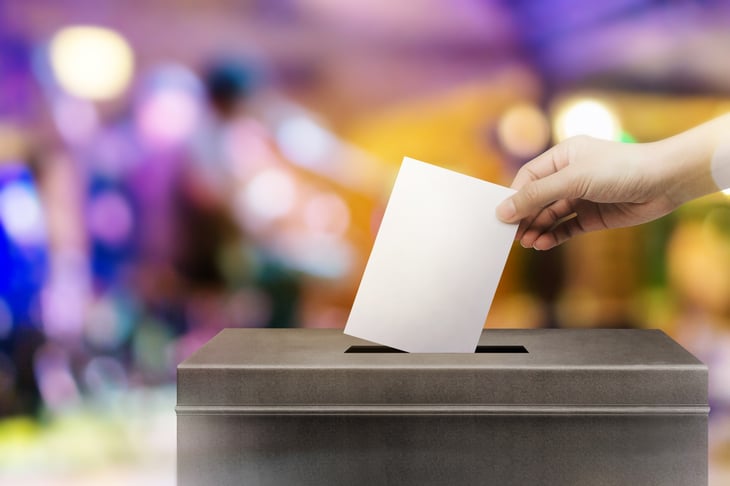
One of the biggest moves was shutting down the FBI’s Foreign Influence Task Force, which was created after the 2016 election to investigate election interference by foreign countries.
This team tracked cyberattacks, disinformation campaigns, and efforts by countries like Russia, China, and Iran to manipulate U.S. elections. It played a crucial role in identifying fake news campaigns and online influence operations meant to confuse voters and stir up division.
Now, with the task force disbanded, election security experts fear that foreign actors will have a clearer path to meddling in upcoming elections. While the FBI still investigates election-related crimes, it no longer has a dedicated team focused on foreign threats—making it easier for misinformation to spread unchecked.
Pro Tip: Staying informed is more important than ever. Protect yourself from misinformation and safeguard your financial future with trusted expert advice. SmartAsset can match you with a vetted financial advisor for free.
2. Cutting federal election cybersecurity support

Since 2018, the Cybersecurity and Infrastructure Security Agency (CISA) has helped election officials protect voting systems from cyber threats.
CISA provided real-time threat monitoring, cybersecurity training, and assistance to states facing hacking attempts. It also secured voter registration databases and prevented ransomware attacks.
After mass firings, many of these programs have been halted, leaving fewer staff to support election offices. Some state officials now feel “on their own” against cyber threats, increasing the risk of hacking with fewer resources to prevent it.
Pro Tip: Cyber threats aren’t just a risk for elections—they can affect your financial security, too. Make sure you’re earning the best possible rate on your savings. SoFi Checking offers 3.8% interest, plus a potential $300 signup bonus.
3. Laying off election security advisors
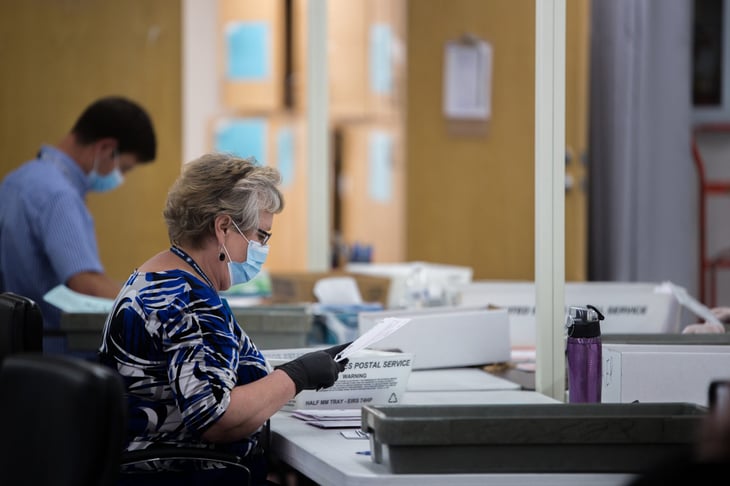
Election security advisors help states identify risks, respond to cyber threats, and prevent interference. Their expertise helps to ensure quick responses to hacking attempts and system failures.
The Trump administration’s layoffs have eliminated dozens of these advisors, leaving states with fewer resources to defend their voting systems. States may struggle to react to cyber threats without expert guidance, putting election results at risk.
Losing expert guidance isn’t just an election issue—it’s also a financial risk. Without professional advice, it’s easy to miss opportunities or make costly mistakes. As states rely on security experts, individuals with significant savings can benefit from financial professionals.
Pro Tip: Protecting your future isn’t just about elections—it’s about ensuring your finances are secure. If you have more than $100,000 in savings, SmartAsset can match you with a vetted financial advisor in minutes.
4. Weakening efforts to track election misinformation

One of the biggest threats to elections is false information spreading online. Misleading posts, fake videos, and conspiracy theories can confuse voters and doubt results.
Before the cuts, federal agencies worked with social media platforms to flag and debunk fake news, helping to prevent disinformation from influencing elections.
Now, with fewer resources, misinformation can spread unchecked, leading to more confusion and distrust in the voting process.
Misinformation isn’t just an election issue—it affects consumer decisions, too. Scams and misleading claims about medical treatments and screenings can cause people to delay important care. Like fact-checking election news, staying informed about your health options is crucial.
Pro Tip: Life Line Screening reveals hidden risks so you can act early. Book a screening today and have peace of mind.
5. Reducing oversight of voting infrastructure
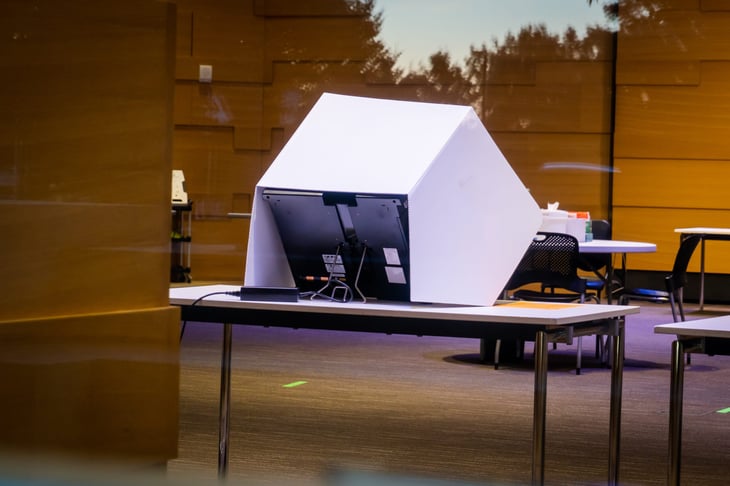
Every election, federal agencies help inspect, test, and secure voting systems to ensure they work correctly and haven’t been tampered with. This includes electronic voting machines, voter databases, and ballot-counting systems.
However, due to the recent firings, fewer experts are available to conduct these checks, meaning more voting machines and databases could be left without proper security inspections.
Election security experts warn that this could lead to:
- Outdated voting systems remain in use, increasing the risk of errors or failures.
- Less protection against hacking attempts since fewer people are monitoring vulnerabilities.
- A greater risk of election day disruptions if voting systems fail under pressure
- With these oversight reductions, some voters may lose confidence in the election process, especially if technical problems or security breaches occur.
What’s next for election security?
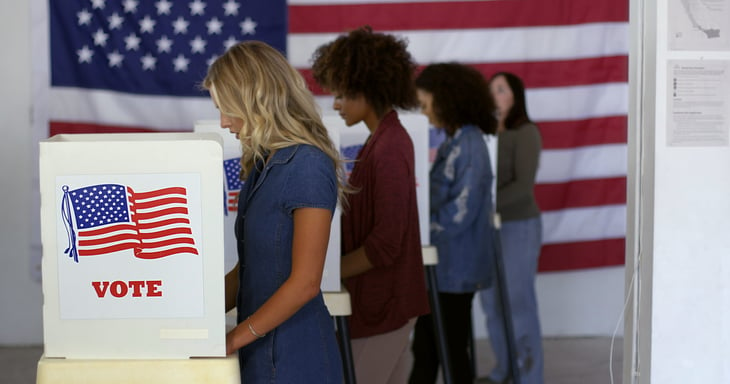
State and local governments will still run elections, but federal cuts have made their jobs much harder. Many experts who protected past elections are now gone, leaving gaps in the system that bad actors could exploit.
Cybersecurity risks, misinformation, and system failures are growing concerns; without federal support, states may struggle to handle them alone.
As the next election approaches, the question is: Can the system handle these cuts, or are we heading toward serious trouble?
